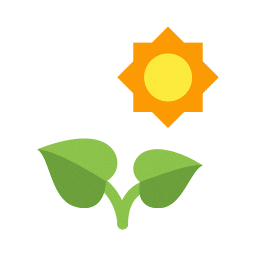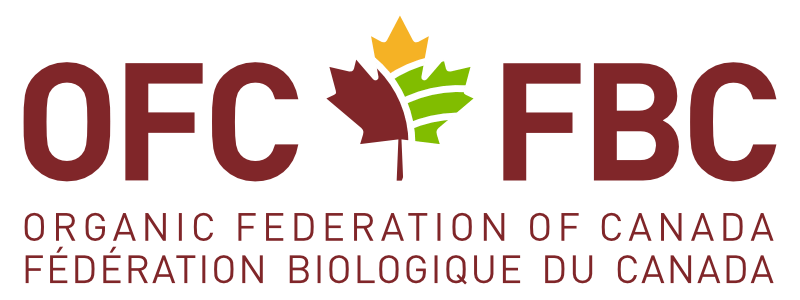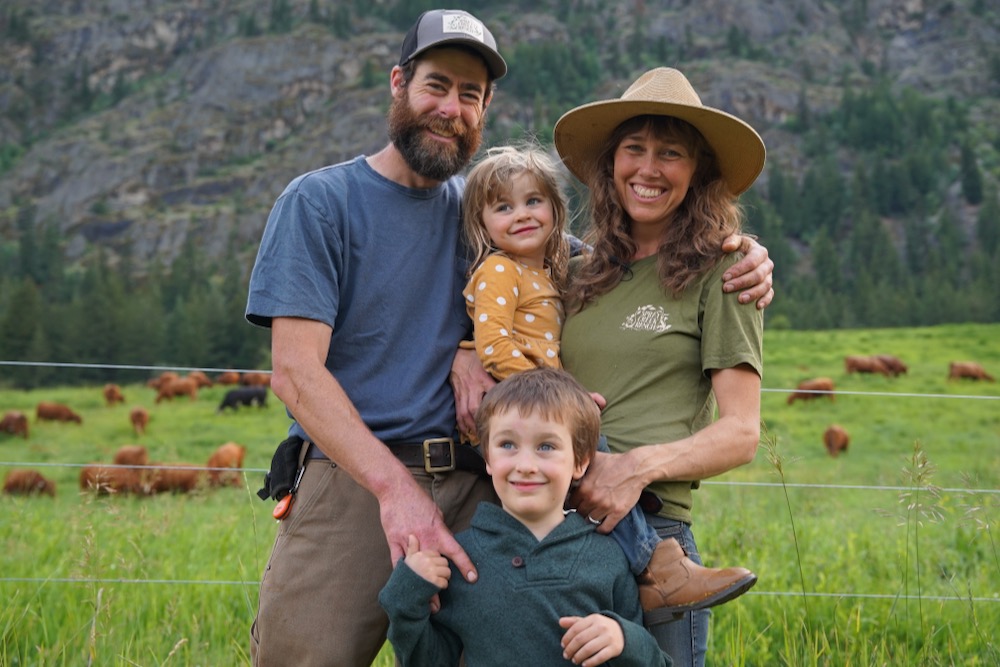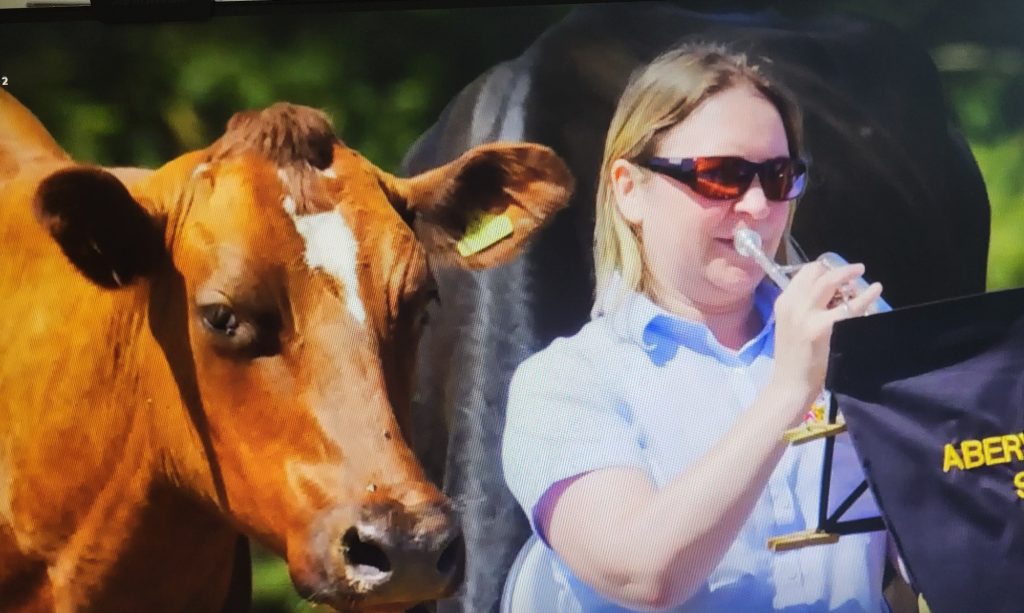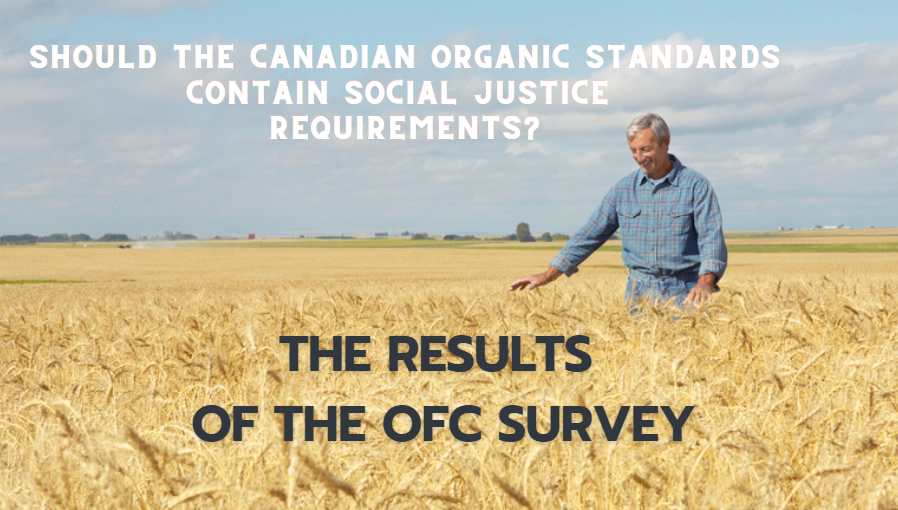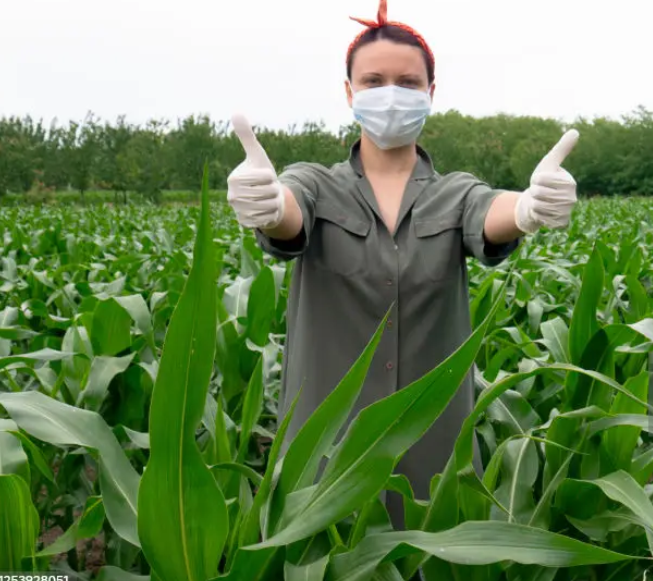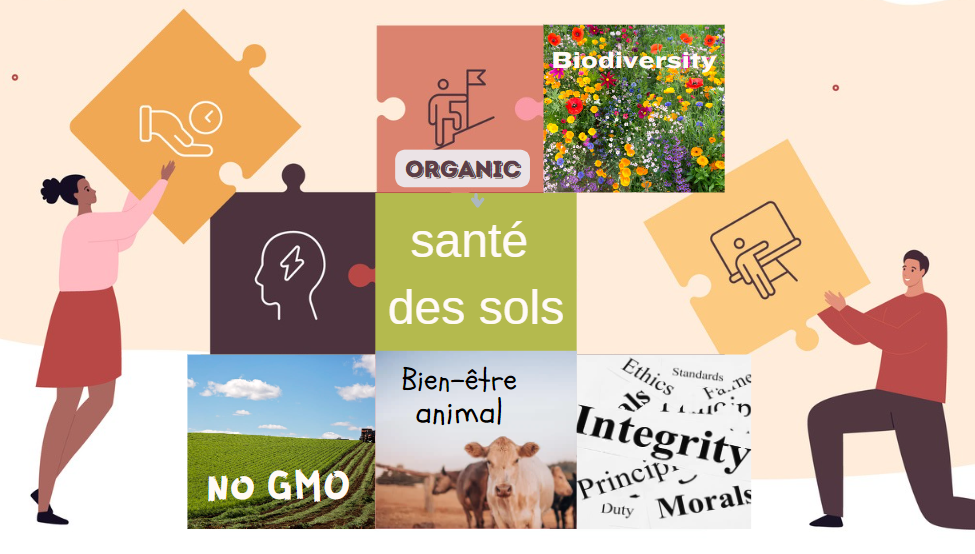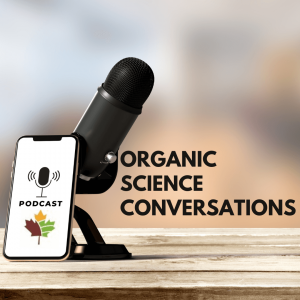Petition your support to organics in Canada!
Organic production is the world leader in sustainable agriculture.
that are the baseline for the whole industry.
Should the Standard include so-called ‘regenerative’ practices?
How can we make organic agriculture more resilient to climate change?
We need to discuss these burning questions with working groups involved in the standards review and the Canadian organic sector. It’s time to start the review of the Canadian Organic Standards.
Please sign the petition!
This is so important!
If our standard is not reviewed every five years as required by the Canadian General Standards Board (owner of the standard), it will no longer remain in force.
What will this do to the Canadian Organic Industry?
Share the OFC campaign,
Because we love organic!
- Share the video Cross Canada Organic Checkup, a genuine information tool!
- Follow OFC on Twitter to stay up to date with all of the latest advocacy news and updates: @OFC_organic
- Share the Canada Organic Program one-pager!
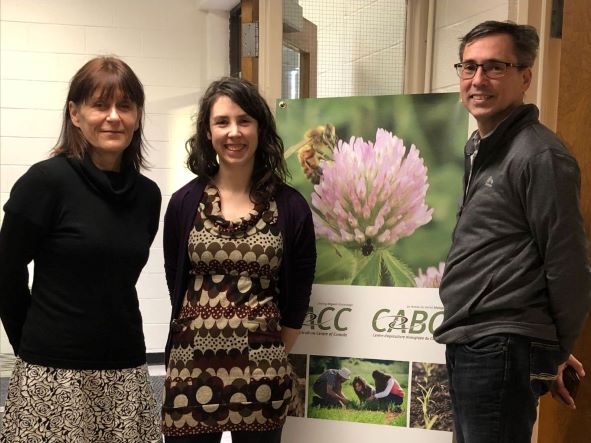
Organic Science Cluster 4
Behind The Scenes
An AgriScience Cluster is a cluster of different research activities related to one specific agriculture commodity. It helps gather all of the researchers involved in improving the production of each commodity under the Canadian climate: this amalgamation of talent and academic knowledge boosts the science of agriculture and benefits all Canadian farmers.
The first AgriScience Cluster program was launched by Agriculture and Agri-Food Canada (AAFC) in 2009. There are currently 19 different AgriScience Clusters which focus on different agricultural commodities, such as the Dairy Cluster, Poultry Cluster, Horticulture Cluster, or the Canola Cluster, with the organic sector getting its own Cluster, which are now entering the last year of the AgriScience Cluster 3 (2018-2023).
And we were very happy to hear last fall that there would be a
4th AgriScience Cluster Program
which would run from 2023-2028.
AAFC intends to dedicate 30% to 40% of the AgriScience Program budget to the following issues:
- Climate change & the environment,
- Economic growth
- Sector Resilience
Needless to say, the Organic Cluster team is very pleased with these budgetary intentions of AAFC.

How are the OSC4 research activities selected?
The OSC4 team has started preparing the proposal for the fourth Organic Cluster to be submitted in January 2023. It goes without saying that preparing a cluster is a complex process.
To comply with AAFC’s requirements and provide strategic value to the Organic Cluster, a prioritization was launched in November 2021 to hear the concerns and the research needs expressed by organic farmers and stakeholders.
15 consultations covering the main thematic areas of organic production: grains, field crops, greenhouse, fruits, livestock, and general (open discussion) have been organized. These consultations were attended by over 200 individuals, ranging from producers, researchers, extension specialists and organic consultants. From these meetings, overarching research priorities were identified.
The next phase was to invite researchers across the country to propose research projects fitting with these priorities through a Call for Letters of Intent (LOI). The response was great: 46 LOI’s have been submitted by researchers, ranging across all thematic areas, with different areas of focus such as weeds and weed management, insect pests, plant breeding, and the environment (including biodiversity, water quality, soil health, and carbon sequestration).
Each LOI will be reviewed by three reviewers, who will then present their assessment at the whole LOI Review Committee which is composed of industry/sector experts. This review process ensures that the proposed projects match the priorities that were identified by the sector, and that they will be applicable across a wide geographic range or concern as many operators as possible.
Once the LOI review is complete, the lead researchers of the selected LOIs will be invited to submit a complete proposal, including a work plan, deliverables, and a budget identifying potential industry partners that will be contributing to their research expenses.
Each full proposal will then be peer reviewed by a minimum of 2 relevant research experts, then, ultimately, by the OSC Scientific Advisory Board.
At last, the projects who have been successfully peer-reviewed will be inserted in the full application under the AgriScience Program (target date: January of 2023).
By April 2023, should the bid for funding be successful, the 4th Organic Science Cluster research projects will begin. if the AgriScience Program is reconducted!
Stay tuned!
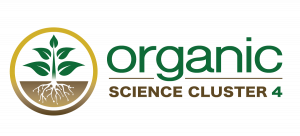
Organic Federation of Canada
Nicole Boudreau
Cluster Manager
OFC coordinator
Emma Bryce
Communications Manager
Organic Agriculture Centre of Canada
Dalhousie University
Dr. Andrew Hammermeister
OSC Science Director
Director, OACC
Margaret Graves
Program Manager
Emma Geldart
Communications Officer
Emmanuella Ellis
Research Associate
Rebecca Veenhuis
Program Assistant
The objective of each new Organic Cluster is to provide the sector with practical research that can be applied directly on farms across the Country.
A dedicated team helps to make each Cluster possible and strives to make sure that the information makes it directly into the hands of those who need it most – farmers!
Learn more about the Organic Science Clusters!
https://organicfederation.ca/organic-science-clusters/
https://www.dal.ca/faculty/agriculture/oacc/en-home/organic-science-cluster/OSCIII/about.html
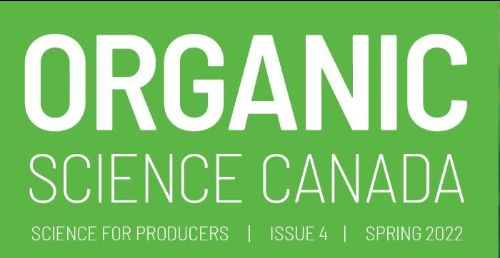
To be published soon! The next issue of
ORGANIC SCIENCE CANADA,
the magazine of the Organic Science Cluster,
focusing on soil health!
